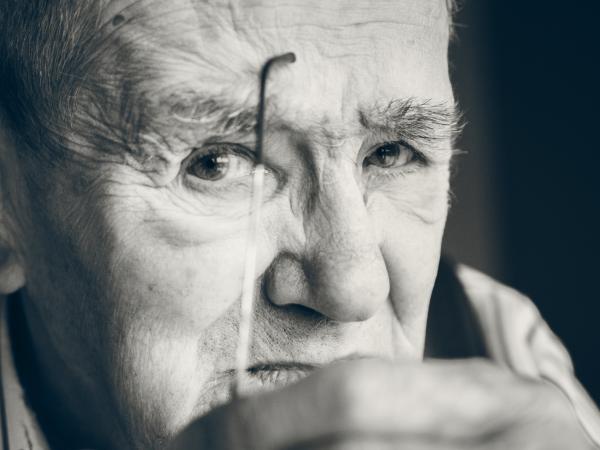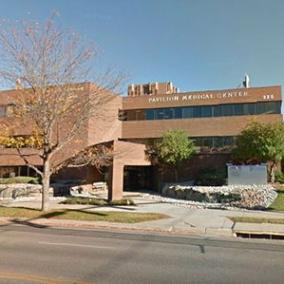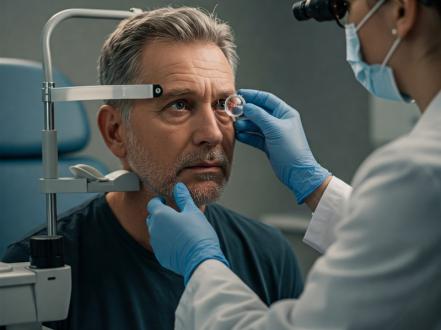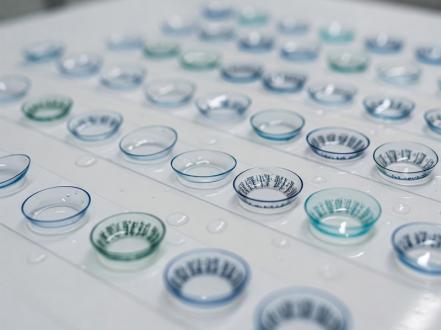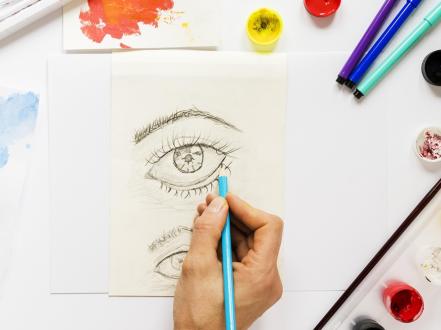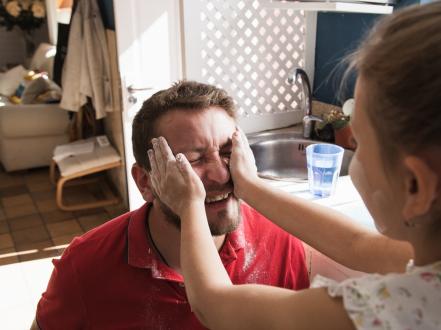Exophthalmos is an issue that can effectively alter a person's visual perception of the world. Bulging eyes are frequently an indication that there is an underlying physiological condition occurring within the individual. Although this particular symptom is frequently linked to Graves' disease, it can manifest for a variety of reasons, including infections, tumors, or thyroid problems.
So, What Exactly is Bulging Eyes?
Picture your eyes somewhat more elongated than normal. That is the case when exophthalmos occurs. It's as if your eyes are attempting to peer out from behind their bony coverings. This is your body's way of telling you that something is wrong, and it's not even superficial.
What Does Bulging Eyes Feel Like?
Besides the obvious visual change, it can come with a whole host of discomforts. Your eyes might feel dry, irritated, or even painful. Closing them completely could be a challenge, and you might notice redness, swelling, or a gritty feeling. Sometimes, it feels like there's extra pressure behind your eyes. Depending on what's causing it, you might struggle with sensitivity to light, seeing double, or even losing some of your vision.
Why Does One Get Bulging Eyes?
While Graves' disease is a common culprit, there are many other possibilities. Tumors, cysts, or inflammation causing an overproduction of cells in your eye socket can all lead to that bulging appearance. Even chronic sinusitis, with its persistent inflammation and fluid buildup, can play a role.
How to Treat Exophthalmos?
Treating the symptoms of exophthalmos is not enough; the condition must also be treated at its source, for example removing tumors or reducing pressure. Minimizing suffering is an essential component of the care tactic. Some examples of this include sleeping with your head propped up to avoid swelling, utilizing eye drops to alleviate dryness, or donning sunglasses to shield sensitive eyes.
Exophthalmos is serious. Your body may be signaling a problem. Medical experts can treat the cause and symptoms to ensure you obtain care. Remember, detecting it early and acting might make all the difference in feeling like yourself again.
